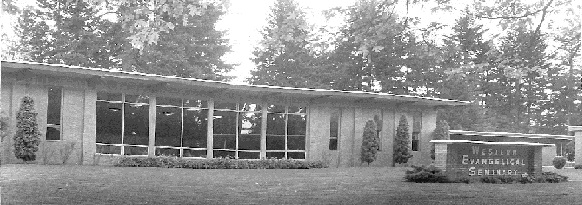On the Origin and Intent of the Quaker Women's Meeting: Promoting and Preserving the Influence of Women During and Beyond the Period of Institutionalization
Abstract
The Religious Society of Friends (Quakers) had as a hallmark from its inception, a strong commitment to egalitarian theology and practice. As the movement took shape in the 1640s and 50s, women were prominent among their preachers, leaders, and evangelists. As the Quakers began to institutionalize in the 1660s, women Friends were in real danger of being marginalized, their voices lost behind a complex system of meetings for business and government. The answer proposed by Quaker leaders George Fox and Margaret Fell was the Women's Meeting. These meetings, settled throughout England and eventually throughout the world, mirrored the monthly, quarterly, and yearly business meetings attended by the men. While scholars debate the intent and implications of the institution, this thesis argues that the Women's Meeting was introduced to purposefully protect and promote the influence of women during and beyond the process of institutionalization. By providing autonomy, responsibility, freedom, and experience to women Friends, the Women's Meeting ensured the continued presence of influential women leaders in the developing movement.

